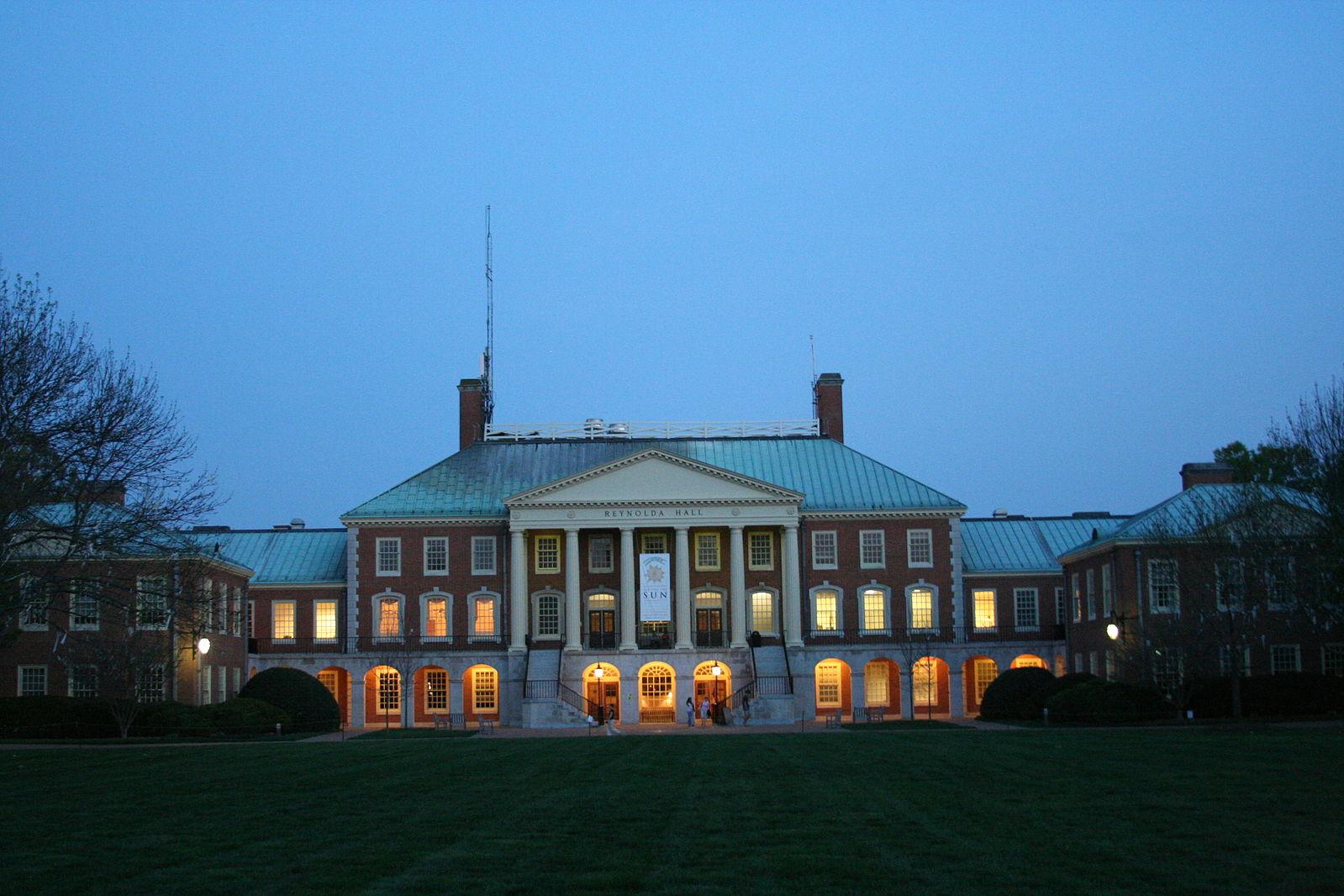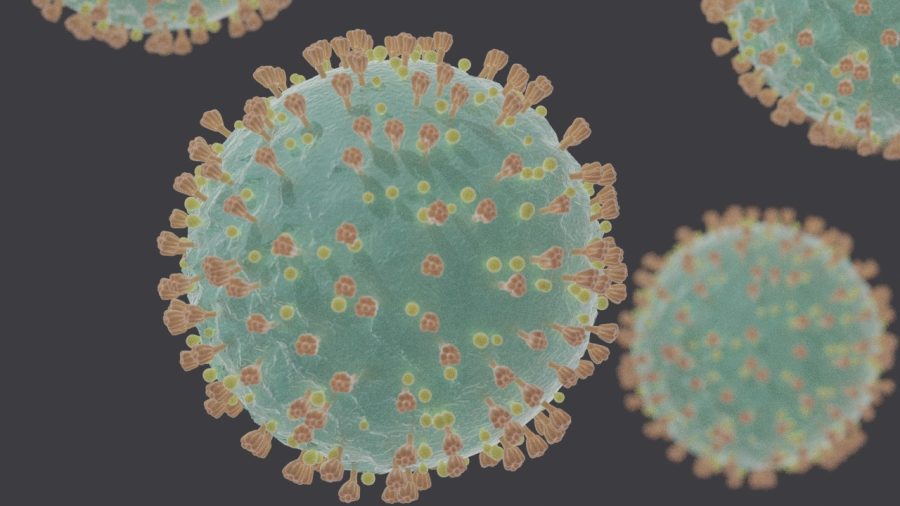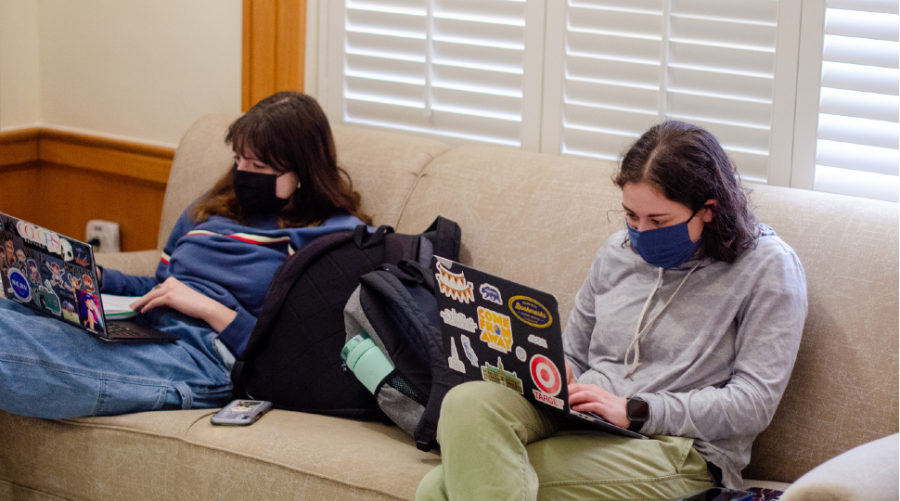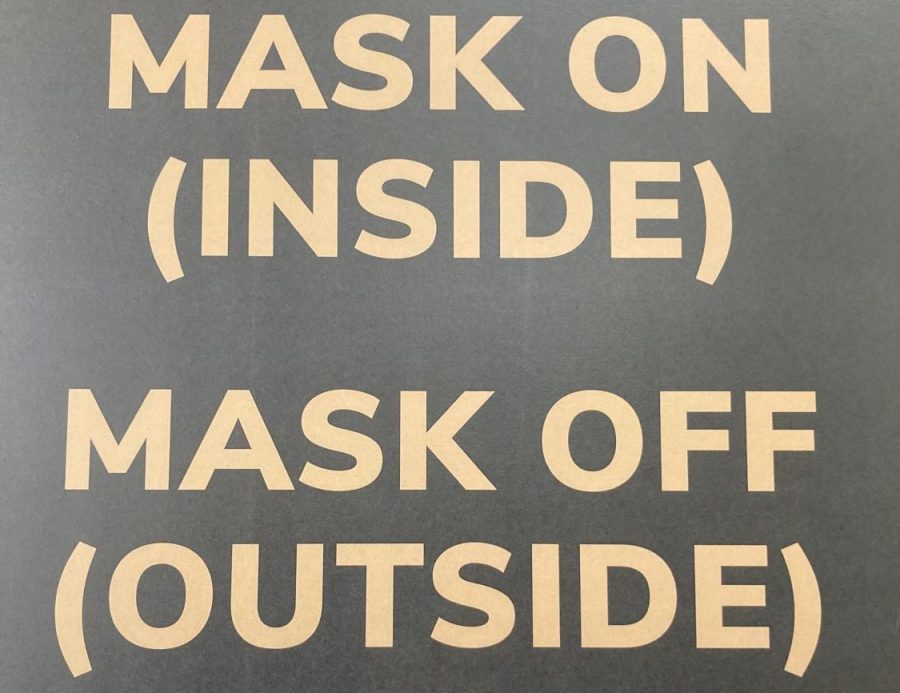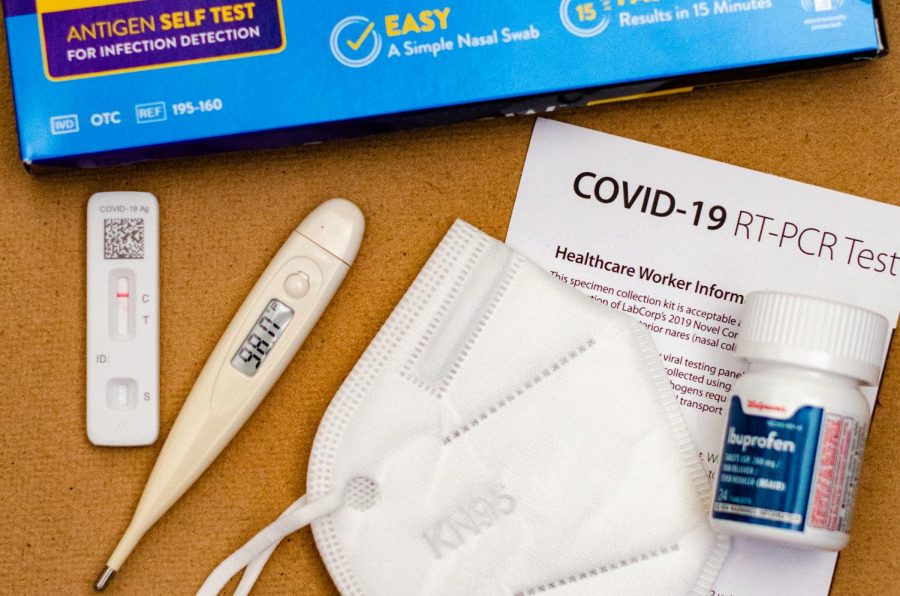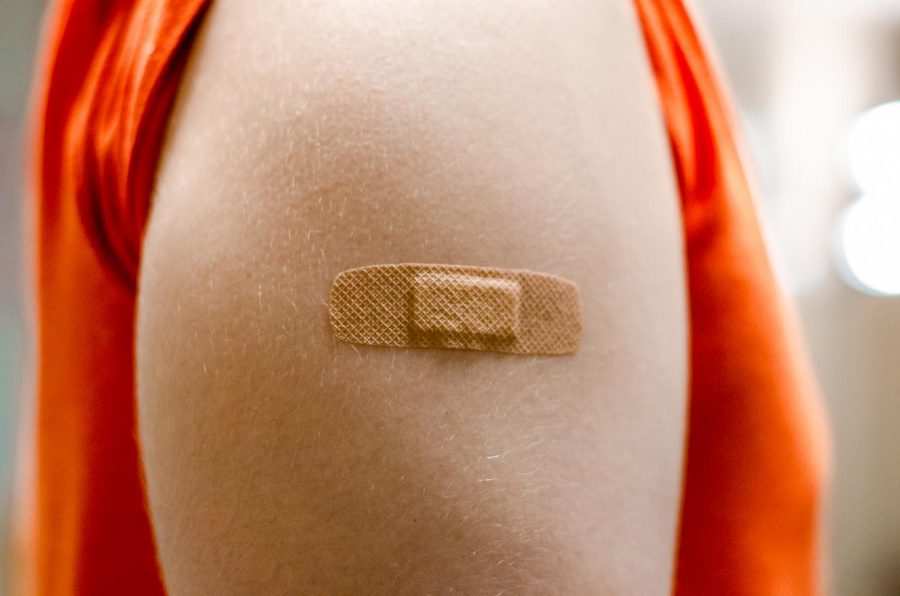The Office of the University Registrar informed students of changes to the academic advising and registration processes for the Summer 2020 and Fall 2020 semesters in an email on Friday, March 13. These changes come as a response to the university’s decision to suspend on-campus classes for the week of March 16 and conduct online classes starting March 23 due to increasing concerns surrounding the COVID-19 pandemic.
The registrar’s office announced that lower-division and major/minor advising will proceed remotely. While the advising period will still begin on March 16, this period has been extended one week and will now continue through April 3. The first round of class registration on the Wake Information Network (WIN) will still take place during the week of April 6, while the second round will take place during the week of April 13. Additionally, registration for Summer 2020 classes has been delayed one week and will now begin on Monday, March 23.
Major and Minor registration will follow regular departmental procedures, modified as necessary to accommodate student absence from campus. While advisers will contact students about remote advising, the registrar’s office encouraged students to be proactive in communicating with their advisers to arrange remote advising sessions.
The office also signaled that faculty advisers may reschedule appointments scheduled for the week of March 16 and use the extended break exclusively to prepare for remote courses. However, faculty advisers who are already prepared for remote courses may choose to proceed with scheduled advising sessions. Advisers will utilize a variety of tools to conduct advising remotely.
Advisers will meet with students digitally, communicating by email, phone, Webex or Google Hangouts, to review Degreeworks and current academic progress as well as discuss upcoming courses. Students will then receive a PIN for registration.
Michaelle Browers, a professor and adviser in the Politics and International Affairs department echoed these sentiments.
“Advising does not start until Monday and we have several weeks to get it done, so my only advice to students is to be patient for the meantime but be aware of deadlines so that none are missed by you or your advisor as we move forward in this new situation,” she said.
Michael Hyde, a professor in the Communication department cited some of the challenges that come with online communication.
“I am much more effective sitting down and talking to students,” he said.
However, Hyde commends the Communication department for taking swift action to respond to this uncertain situation.
“Departments had to move immediately and I’m glad to say my department did. But we don’t know all the problems that will hit yet,” he said. “All of this is unprecedented.”
As stated on its website, in lieu of walk-in hours and academic planning appointments, the Office of Academic Advising staff (OAA), “will offer its services and availability for planning and academic consultation via email, phone, Google Hangouts and other remote means” during the university’s COVID-19 response. Academic counselors at the OAA will be available for additional support by email. Students who normally visit the OAA during walk-in hours or for regular meetings should contact the OAA by phone or email to arrange an appointment.
The OAA also stressed that students residing on campus during this time who are diagnosed with an illness should ask that the Student Health Service communicate directly with the OAA, who will then notify professors of the student’s illness.
The OAA also posted several FAQs and specific notices for lower-division advisers, students and faculty regarding how to proceed. In each notice, the OAA stressed that students be aware that university academic regulations apply to remotely delivered courses just as they do to standard courses. The office also asked that faculty submit academic alerts relating to students being absent from remote class activities, displaying concerning behavior of an academic or wellbeing-related nature in remote formats or having difficulty with remote assignments.
Whether or not students will return to campus at any point during this semester is unclear, but professors must employ new methods of communication with students in the meantime.
“I don’t think the odds are good,” Hyde said in speculating whether students will return to campus in the foreseeable future.
This article was updated to include excerpts from an interview with professor Michael Hyde.

